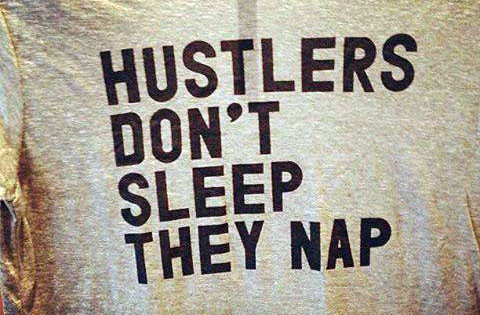
And like alcohol, the teen or adult impaired from lack of sleep is unlikely to realize it. Sleep deprivation is similar to alcohol in its effect on judgment, reaction time, and driving skill. More common, less noticeable, and therefore much more of a problem is that students who don’t get 8-9 hours of sleep find it more difficult to concentrate in class and their ability to remember what they read or hear is impaired. Falling asleep in class makes it impossible to learn, but that is not the biggest problem for sleepy students.

Those of us who routinely get 6 hours of sleep or less are functioning just like someone who stayed up 48 hours straight after getting 8 hours of sleep on a regular basis. Sleep researchers have found that most adolescents and adults need more than 9 hours of sleep: we can “get used to” less, and we might think we’re adjusted to less, but our brains and bodies won’t be doing as well with less sleep. There are individual differences, but most adolescents “naturally” feel awake later at night, making it difficult to go to sleep before 10 p.m.

These pubertal changes tend to start earlier for African Americans than for whites, so bedtimes may be a problem for many middle-school children as well, especially African Americans. They start staying up later at night and sleeping later in the mornings. Starting at puberty (and as early as ages 8-12), many children’s biological “circadian” rhythms change. How important is it to start high schools closer to 9 am?

Some school districts have responded by starting schools a little later, but traditions are difficult to change and many have been reluctant to have high schools start later in the morning and end later in the afternoon. They can even increase the likelihood of smoking, drug abuse, and teen pregnancy. In the 1950′s and 1960′s, most schools started between 8:30-9:00 and many students barely stayed awake all day. By 2000, many high schools were starting at 7:30 or earlier, and a growing number of studies showed that these early school schedules can undermine teenagers’ ability to learn, to drive safely, and to get along with others.


 0 kommentar(er)
0 kommentar(er)
